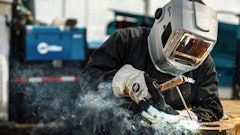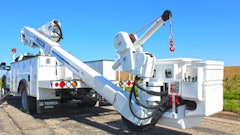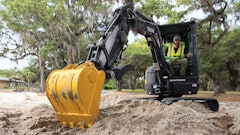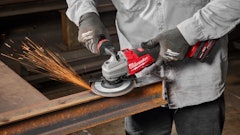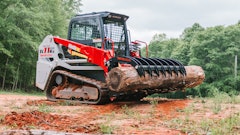I was making a presentation to a group of construction equipment dealers' used equipment managers last week and got into a heavy discussion about using their internal service department for maintenance and repairs vs. having their own team of technicians do the work. And of course, I immediately thought how contractors and equipment owners go through this same issue again and again, with many of you having a very hard time turning your work over to a dealer.
Well, I'm sure you've heard the saying: "Do what you do best and outsource the rest." It's a business axiom that seems to be picking up steam as companies strive to find qualified help to keep their businesses running effectively. Using contractors as an example, you can say they primarily "do things or build things" and are not really in the repair business, even though they find themselves in that position on a regular basis.
Compare costs
Most used equipment managers are billed at a "best customer rate" for any repairs and maintenance required on their used inventory units. They need to get the equipment ready for sale, or they may rent or wholesale it. In every case, however, they need technicians to check the units out to have them ready for the transaction. Contractors have similar service needs, but with faster turnaround requirements.
The "best customer rate" is the service department billing rate charged to a dealer's best customers. Some of you may get that rate now, and therefore know what it is. It will be a rate to cover the cost of the employee, service department support staff, fringe benefits, payroll taxes and other direct costs. Normally, a service department will offer up 20%+ of its revenues to support overhead. It's really not a big spread when you take into account that a dealer's service revenues are approximately 10% of total sales.
The point here is that the service rate is really not going to be much different than what you will spend for similarly trained technicians. In fact, your internal work may cost you more because you don't have controls in place to assign and review work, or because experienced techs are doing routine maintenance, which dramatically increases maintenance costs.
On the other hand, if you have experienced techs on the payroll and can keep them at least 80% busy (doing service work or other revenue-producing activities), then it may pay to do work on your own. For most of you, the major benefit of having techs in-house is their availability when a unit goes down, assuming your have the necessary tools and parts on hand.
Doing routine maintenance internally may be cost effective if the process includes a unit status report. Keep in mind that dealer techs have the latest diagnostic equipment to provide you with a list of service requirements to avoid breakdowns on the job.
Dealers will also have A and B techs available when a tough job needs to be done right the first time. You may not have that luxury. In fact, with the tech shortage being what it is, you may have a hard time finding a qualified, trained technician to do the work. There are not a lot of techs to choose from, and the work isn't getting any easier.
Sizing things up
So what should a contractor do? Large contractors with significant investments in equipment should consider developing an internal service department that mirrors a dealer service department. The department may only provide routine maintenance, but will be controlled as to time allotted to each assignment and tech efficiency. Training and tool investments would be similar to what a dealer service department provides.
Smaller contractors should probably do something in between. Perform some of the routine work yourself, but have an arrangement with a dealer to check over the equipment as necessary and perform major repairs. Many dealers now offer fixed-cost maintenance programs for normal maintenance based on hours of usage or a monthly schedule. This may be the way to go if you wish to reduce costly breakdowns.
Dealer service rates always seem high. But when you factor in all the related costs, the profits are not as high as you would believe. There is no doubt you need to keep your equipment maintained and running to maximize profits. But in today's tech environment, the thinking that says keep all the maintenance work in-house may require some re-thinking. ?

![Hcm Ax Landcros Dual Branded Logo[25]](https://img.forconstructionpros.com/mindful/acbm/workspaces/default/uploads/2025/11/hcmaxlandcros-dual-branded-logo25.Qhg3vUCjoK.jpg?auto=format%2Ccompress&bg=fff&fill-color=fff&fit=fill&h=100&q=70&w=100)
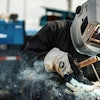


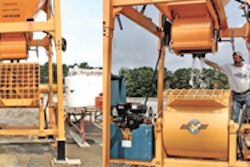

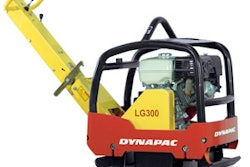
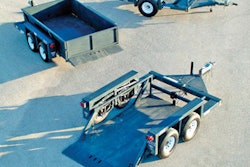


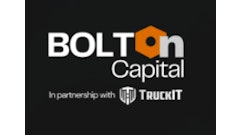
![Hcm Ax Landcros Dual Branded Logo[25]](https://img.forconstructionpros.com/mindful/acbm/workspaces/default/uploads/2025/11/hcmaxlandcros-dual-branded-logo25.Qhg3vUCjoK.jpg?ar=16%3A9&auto=format%2Ccompress&bg=fff&fill-color=fff&fit=fill&h=135&q=70&w=240)
